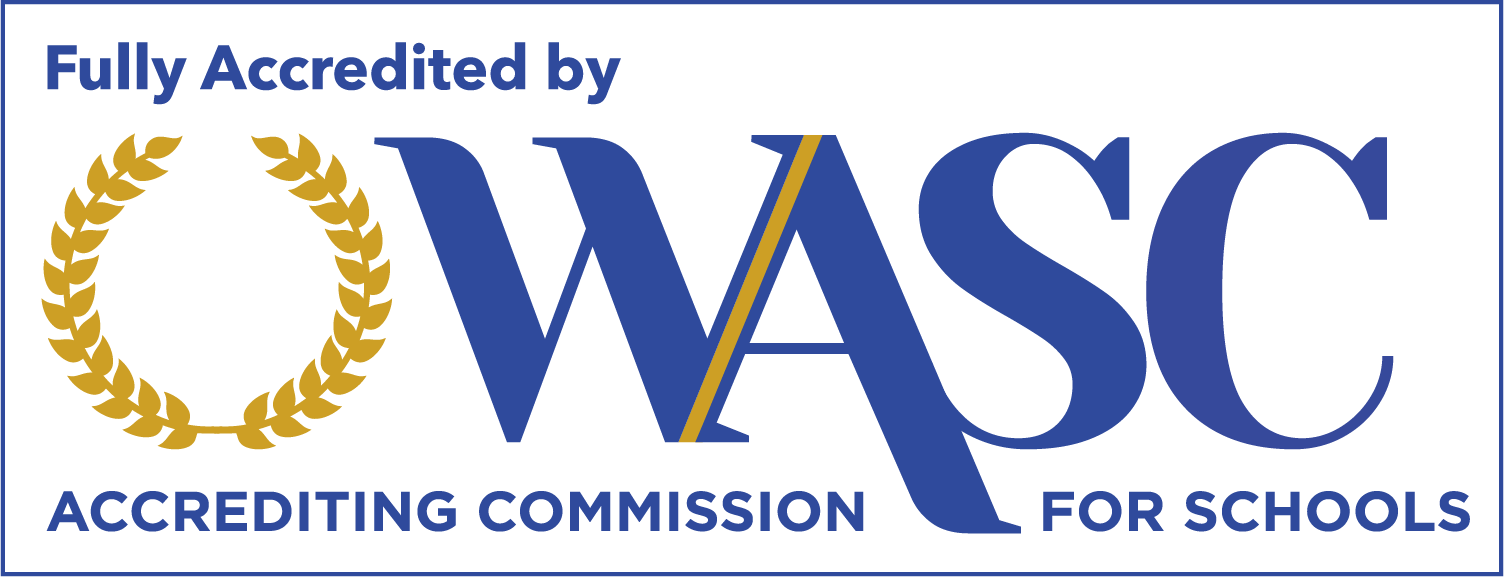Demystifying Dyslexia: A Parent’s Guide to Understanding and Advocating for Your Child
Navigating the challenges of dyslexia demands a tapestry of support, understanding, and strategic intervention, essential elements that every parent seeks to provide their child with.
Grasping the intricacies of dyslexia paves the way for more tailored learning experiences that honor a child’s unique processing skills.
Through the creation of nurturing spaces at home and strong partnerships with educators, parents can offer invaluable scaffolding for their child’s educational journey.
Empowerment and insight lie at the heart of this guide, designed to equip parents with the knowledge and tools to guide their dyslexic child toward academic success and self-confidence.
Keep reading to unlock the possibilities that await on this transformative path.
Understanding Dyslexia and Its Impact on Learning
Embarking on the journey to understand dyslexia can be daunting for any parent.
Signs often emerge subtly, ranging from difficulties with letter recognition to misinterpreting written words.
Recognizing these symptoms is pivotal for parents who seek to support their child’s academic growth and self-esteem.
It is not merely about pinpointing the challenges in reading and writing but comprehending the broader educational landscape altered by dyslexia.
The forthcoming discussion aims to shed light on the diverse manifestations of dyslexia in children and to explore its influence on the indispensable skills of reading and writing.
Exploring the Symptoms of Dyslexia in Children
Children with dyslexia often exhibit distinct signs that may signal the presence of this learning difference, such as persistent struggles with decoding words and an unexpected discrepancy between their verbal skills and written output. These children may read slower than their peers and display noticeable spelling challenges, often reversing letters or confusing words that sound alike. These early indicators can prompt a parent’s inquiry into specialized educational strategies tailored to their child’s unique needs.
Assessing How Dyslexia Affects Reading and Writing Skills
With the multifaceted nature of dyslexia, it becomes increasingly apparent that a child’s reading and writing abilities are distinctly affected. Dyslexia complicates the decoding process, where a child might mix up letters or struggle to match sounds to their corresponding symbols, intruding upon their ability to read fluently or comprehend the text. Proficiency in writing is frequently compromised, as spelling becomes a labyrinth of confusion, and sentences may lose their intended structure.
- Decoding complications disrupt reading fluency and comprehension.
- Children with dyslexia may read slowly and with considerable effort.
- Writing is hindered by difficulties in spelling and sentence structuring.
Early Identification Is Key to Support
Parents are pivotal agents in fostering their child’s growth, particularly when facing dyslexia.
Amidst the complex landscape of learning differences, recognizing dyslexia early in a child’s development is essential.
Early identification can propel timely intervention, opening doors to resources and specialized instruction that align with the child’s learning profile.
Acknowledging the signs of dyslexia in young learners and seeking professional evaluation can illuminate the path forward, ensuring that the child receives the comprehensive support they need to thrive academically and emotionally.
Recognizing the Signs of Dyslexia in Early Childhood
Recognition of dyslexia during the early stages of a child’s education plays a crucial role in mitigating its impact on learning and development. A vigilant eye for early childhood literacy milestones can be the first clue for parents: children who exhibit consistent difficulty in rhyming, recognizing letters, or associating sounds with symbols may display early indicators of dyslexia. Tailored interventions can significantly alter a child’s academic trajectory.
- Observation of a child’s interaction with language and books.
- Tracking literacy milestones.
- Consultation with educators upon noticing persistent struggles.
The Importance of Professional Evaluations for Diagnosis
Securing a formal dyslexia diagnosis through professional evaluation is critical for designing an effective support plan. An expert assessment provides a concrete foundation, distinguishing dyslexia from other learning differences and ensuring that interventions are targeted to a child’s struggles. This clarity is indispensable for parents, as it directs the educational approach and informs the strategies employed to help children navigate their unique reading and writing challenges.
Creating an Empowering Home Environment
Dyslexia brings unique challenges to a child’s education, which demands an equally unique set of responses from parents and caregivers.
Parents can craft a nurturing environment that celebrates the child’s strengths and patiently works through their difficulties.
Strategies for building this supportive space are instrumental in fostering a sense of confidence and competence while encouraging reading habits calls for an integration of tailored learning tools that resonate with a child’s particular way of processing information.
This empowering home environment becomes a cornerstone of their journey to mastering literacy skills.
Strategies for Building a Supportive Space at Home
Establishing a supportive space at home for children with dyslexia starts with simple, yet deliberate actions: selecting books that interest them that may or may not be aligned with their reading level, setting up a quiet and comfortable reading nook, and integrating assistive technology tools such as audiobooks and text-to-speech applications. These resources create an atmosphere where reading is not a chore but a journey of discovery.
| Strategy | Description | Benefits |
|---|---|---|
| Curated Reading Selection | Books chosen to match the child’s interests. Use audiobooks if their interests are higher than their reading abilities | Encourages engagement and reduces frustration |
| Designated Reading Area | A dedicated, comfortable space free from distractions | Enhances concentration and creates a positive routine |
| Technological Aids | Use of audiobooks, text-to-speech apps, and other assistive devices | Supports independent reading and improves accessibility |
Encouraging Reading Habits With Tailored Learning Tools
For parents nurturing a child with dyslexia, integrating tailored learning tools can be transformative in fostering robust reading habits.
These tools, such as tactile learning aids, customized flashcards, or adaptive software, align with their child’s unique learning style and instill a sense of enjoyment and progress within their literary explorations.
By thoughtfully incorporating specialized resources, parents can enable their child to embrace reading as a pleasurable and rewarding activity, rather than a daunting task.
Effective Communication With Educators and Therapists
Embarking on the educational voyage with a child who has dyslexia necessitates forging a collaborative bond with those shaping their learning experiences: educators and specialists.
The support provided can significantly bolster a child’s journey to overcome dyslexic challenges when there’s consistent communication between home and school.
This partnership lays the foundation for tailored strategies and individualized learning plans, ensuring that the child’s academic needs are met.
As parents engage with teachers and therapists, they craft a unified front designed to navigate the complexities of dyslexia with informed, coordinated efforts.
Partnering With Teachers for Consistent Support Strategies
Forming an alliance with teachers is critical in charting a pathway to success for a child with dyslexia. This partnership involves regular dialogue and exchange of insights, ensuring that the strategies implemented at school echo those used at home for consistency in the child’s learning experience. Such unity in approach amplifies the effectiveness of interventions and lends a sense of security and predictability to the child’s educational journey.
| Component | Purpose | Outcome |
|---|---|---|
| Strategic Alliance | To synergize home and school support | A coherent, effective intervention plan |
| Regular Dialogue | To exchange updates and insights | An empowered, informed support network |
| Consistent Approach | To reinforce learning strategies | A stable, familiar learning environment for the child |
Collaborating With Specialists to Create Individualized Plans
Engaging with specialists to develop individualized plans is vital for parents navigating their child’s dyslexia. These dedicated professionals assess a child’s unique learning profile, using their specialized expertise to tailor approaches that address the child’s dyslexic challenges. An individualized plan allows parents to act as informed advocates for their child, ensuring educational methods are evidence-based and adapted to support the child’s distinct needs.
Navigating Educational Resources and Tools
Parents seeking to navigate the educational terrain for their child with dyslexia will find a robust array of resources and tools. These assets are designed to ease learning and empower children to reach their full potential.
From specialized reading programs to interactive learning apps, the options are tailored to address the diverse educational needs that dyslexia presents: various materials offer multisensory techniques for reinforced learning and retention.
| Resource Type | Function | Impact on Learning |
|---|---|---|
| Specialized Reading Programs | Provide structured, phonics-based instruction | Enhance decoding skills and reading fluency |
| Interactive Learning Apps | Engage children through multimedia content | Facilitate active participation and improve retention |
| Multisensory Materials | Incorporate visual, auditory, and kinesthetic elements | Support varied learning styles and aid memory |
Reaching out to support networks and advocacy groups can provide parents with invaluable insights and additional strategies for educational support. These communities are a wellspring of shared knowledge, offering workshops, webinars, and literature that can illuminate effective teaching practices and coping mechanisms.
Navigating dyslexia presents intricate challenges for a child’s reading and writing skills, but with early identification and tailored support, parents can play a pivotal role in helping their children overcome these obstacles.
Recognizing symptoms and enlisting professional evaluations are essential to providing the necessary interventions.
By crafting an empowering home environment, using curated reading materials and assistive technologies, and establishing consistent communication with educators and specialists, parents can reinforce learning strategies and create individualized plans that cater to their child’s unique needs.
Utilizing a variety of educational resources and tools, such as specialized reading programs and multisensory materials, further enhances a child’s ability to thrive.
Unlock the possibilities for your child’s academic success and self-confidence—start the journey today! Contact us today to learn more.




